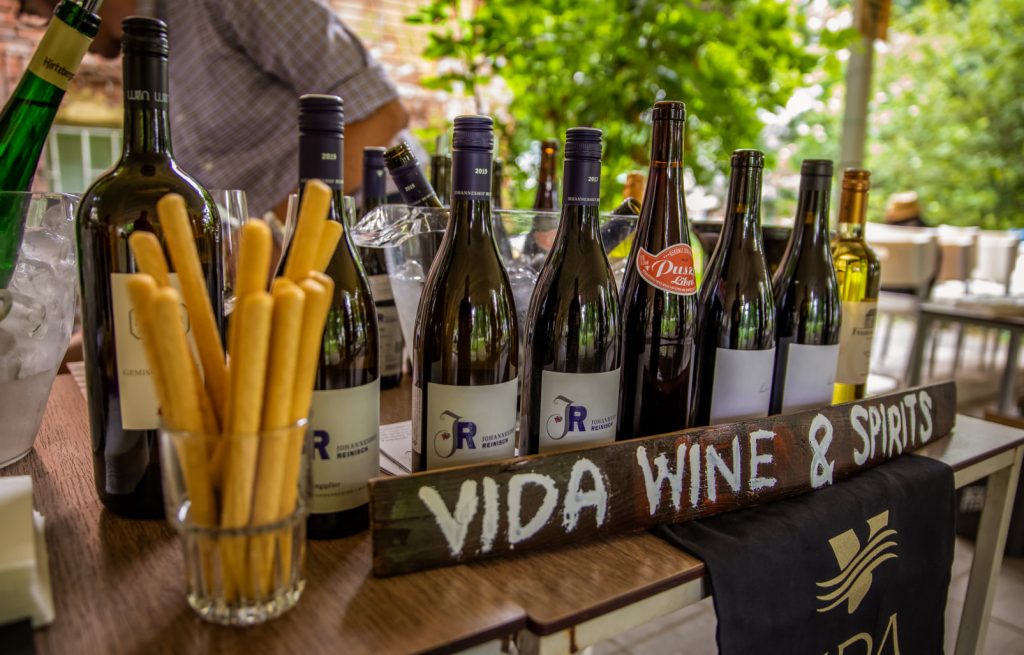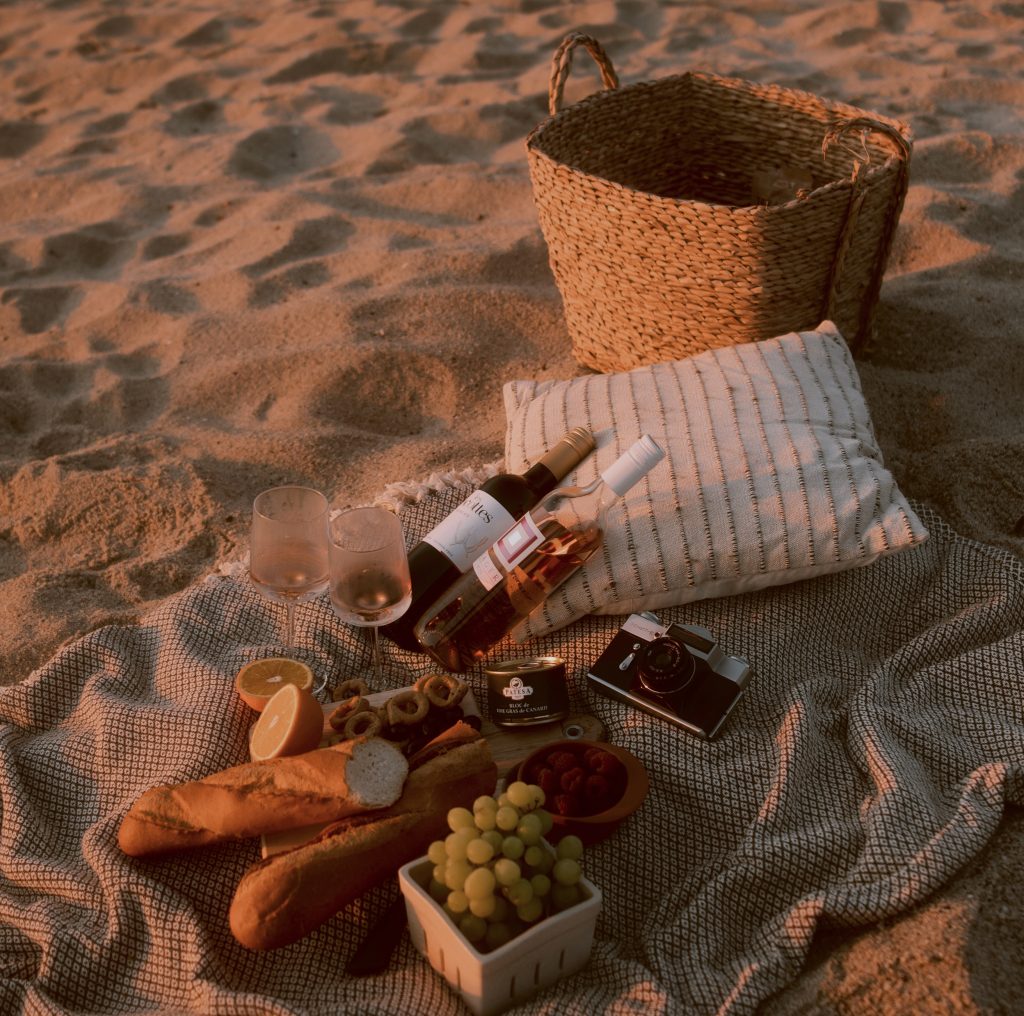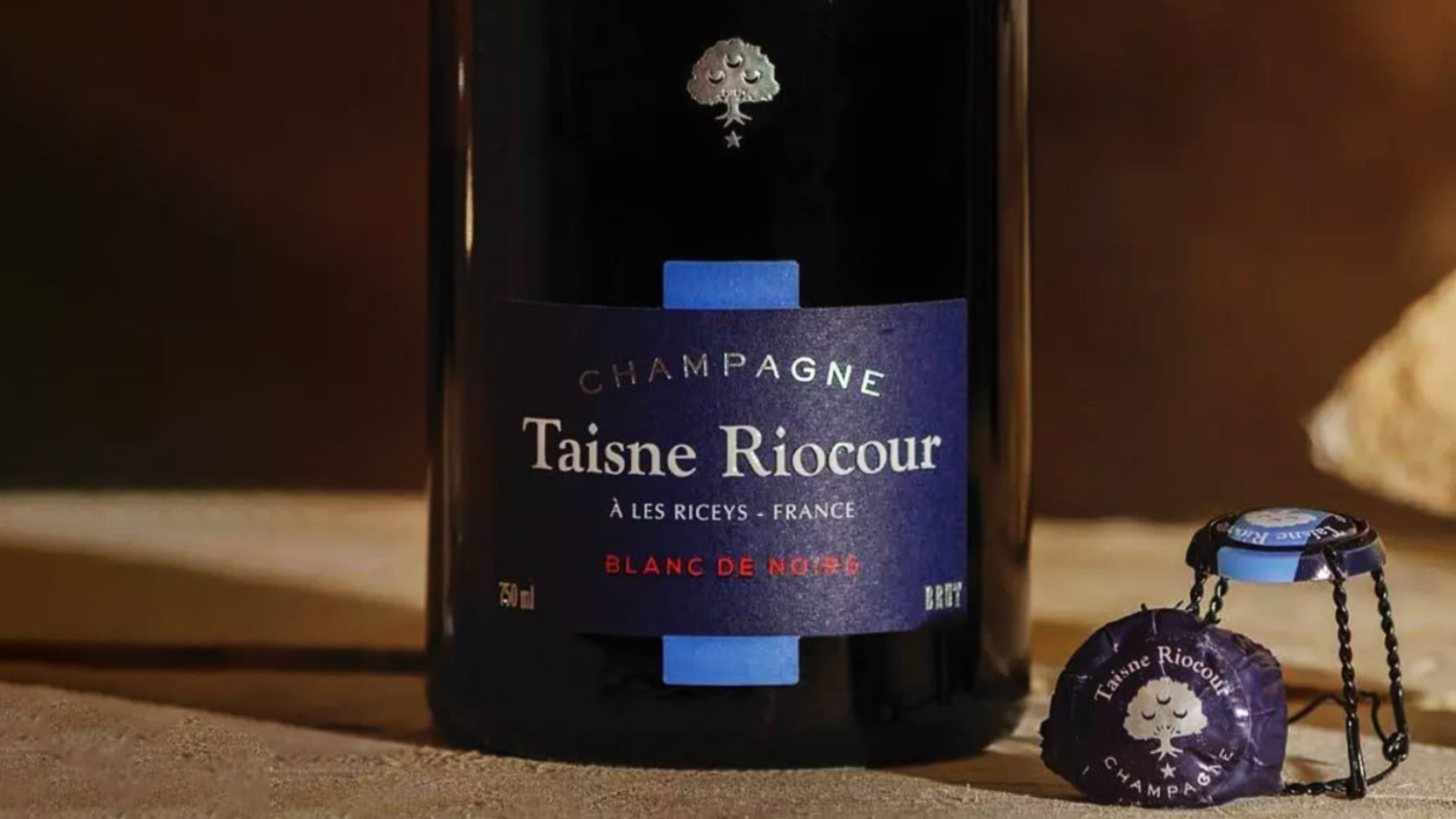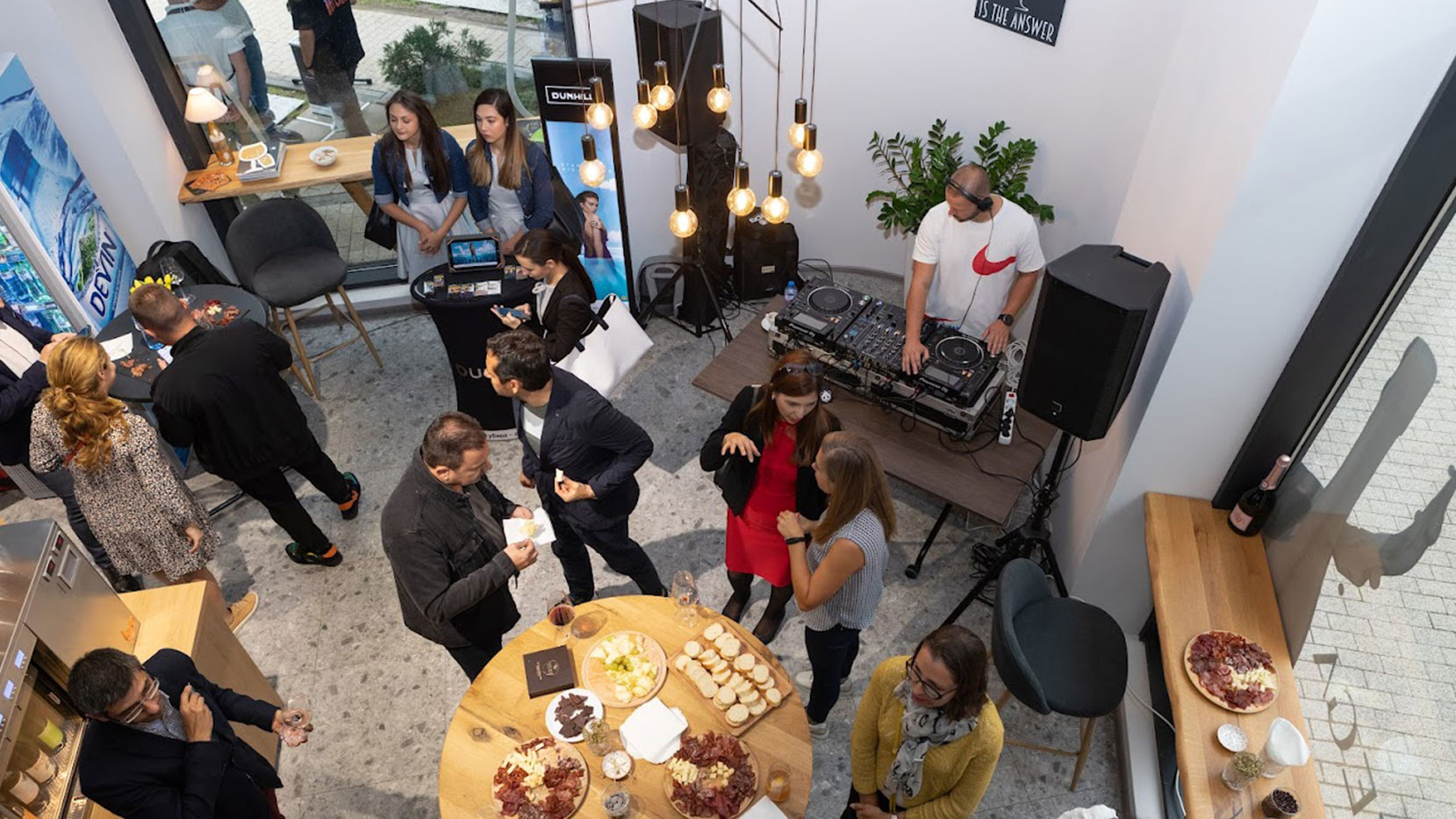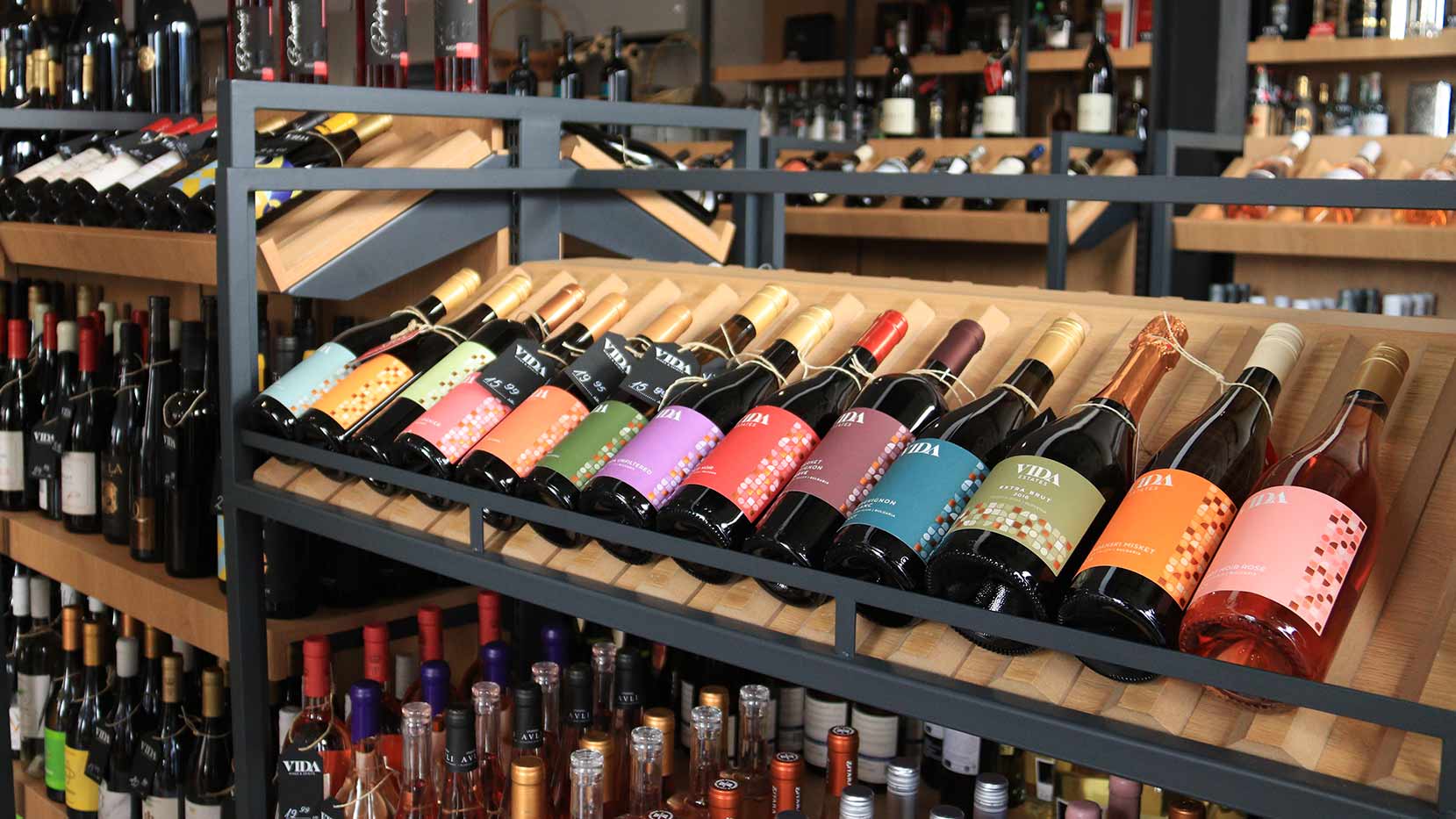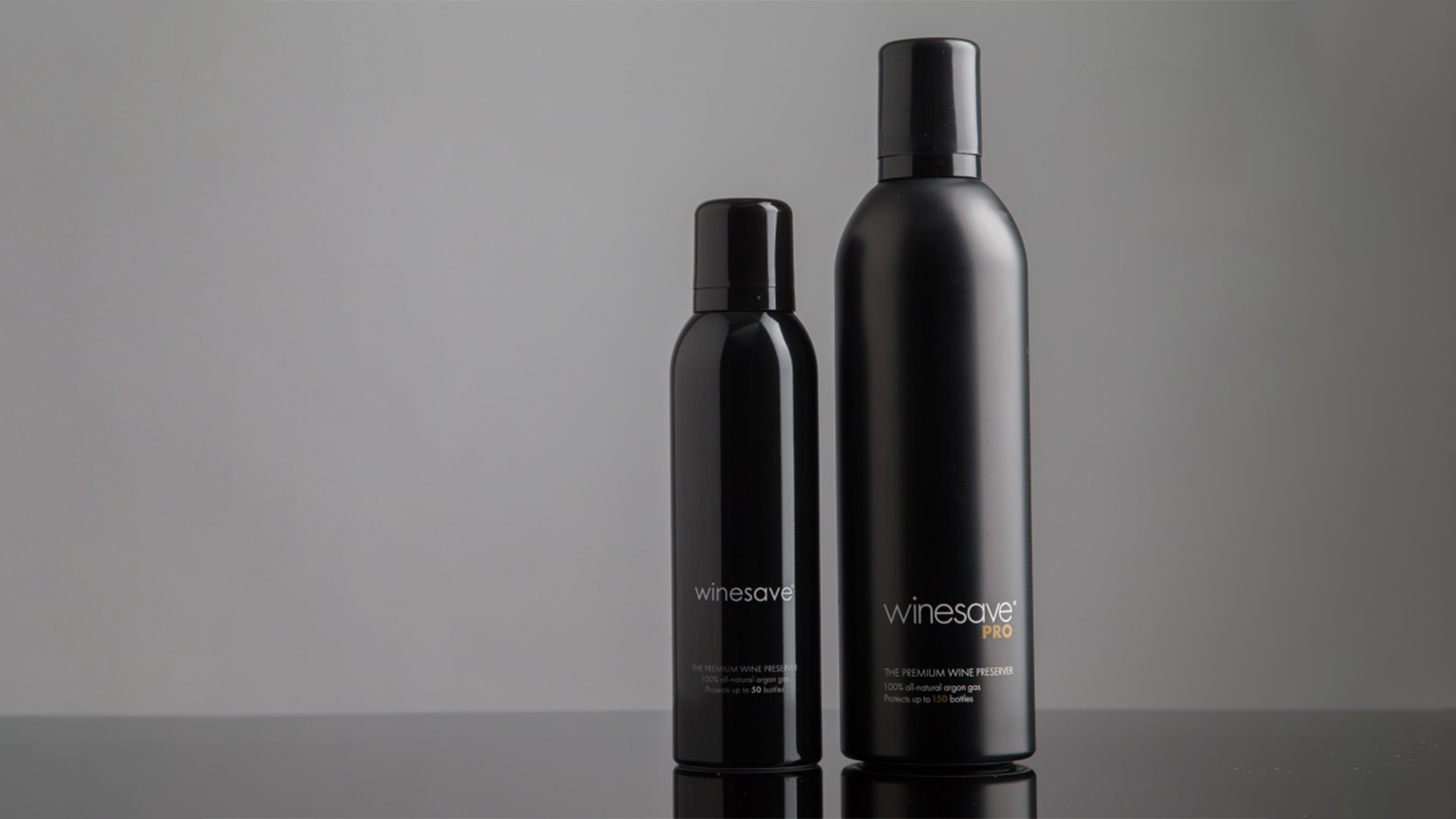The price of the wine: What makes a wine expensive?
The market price of the wine is an actively debated topic among comsumers, traders and producers. The golden mean, that guarantees maximum pleasure at a fair price, is a complex issue. How much should a good wine cost, which is the good wine and why some of them are unaffordably expensive, are questions that concern many people.
Wine has outgrown its immediate purpose of spirit, being increasingly considered a luxury or even investment beverage, and as with other products the high price means not only good quality/reputation but also validates the value to the customer themselves. It is good to remember the truth, said by Baron Philippe de Rotschild, that up to EUR 20 we pay the price of the wine and above EUR 20 - our own.
Buying expensive wines is not only satisfying the taste of the connosieur. With market price, which equal those of apartments, cars, and even yachts, the wine collections are in fact a good investiment. Let's take a look what makes some wines more expensive that others, which are the reasonably expensive wines of our time and which ones we'd better watch out for. There are several factors:
– Terroir: The statement that good grapes grom better on hills on poor soils, is true but simplistic. For centuries man has identified and mapped the best lands for vineyards and rarely new ones are added to this "Hall of Fame" - it is one thing to have a vineyard in Burgundy, Champagne or Bordeaux, another - to have own anywhere else. Good vineyard land is limitedits bounderies cannot change and it is extremely expensive. The prices of the wines coming from them are correspondingly high.
– Grape Varieties: The modern history of wine, now dating back to more than two centuries, gives us enough statistics which varieties have ageing potential and which varieties are more expensive than others. For example, the price of Cabernet Sauvignon is almost always higher that the one of the Merlot, because the first one ages and develops for a longer time.
– Oak: The world's most popular wine have aged in first-fill oak casks. The casks are expensive, because only 2 225-litre casks can be produced from one 80 year old oak. The most sought-after for the delicate way they shape the wine, and therefore the most expensive, are the French ones, which are at least twice the price of the American ones.
– Time : Wine is one of the few things in life that gets better with age. Ageing is a key factor for expensive wines, as time contributes to a rounder and overall better tasting wine, and storing wines for years requires space and costs money.
– Market – The simple principle of supply and demand forms a difficult market for the normal wine connoisseur. The rise of, for example, the middle class in China and its desire to experience European wine culture has made the prices of some wines unrealistic, but it could not be otherwise when the quantity of these wines remains unchanged and the number of people who want to drink them is increasing many times over. For the curious connoisseur who doesn't have a big budget for a bottle of wine, however, there remain the much more interesting and unexplored wine lands with which the world abounds.
By applying this palette of factors to a wine, you can easily answer the question of whether its price is justified and whether the winery wants to ask you how much you think you're worth.
The only confusion about the price of wine is that expensive wine automatically means pleasure. Everything, as always, is a matter of taste.








